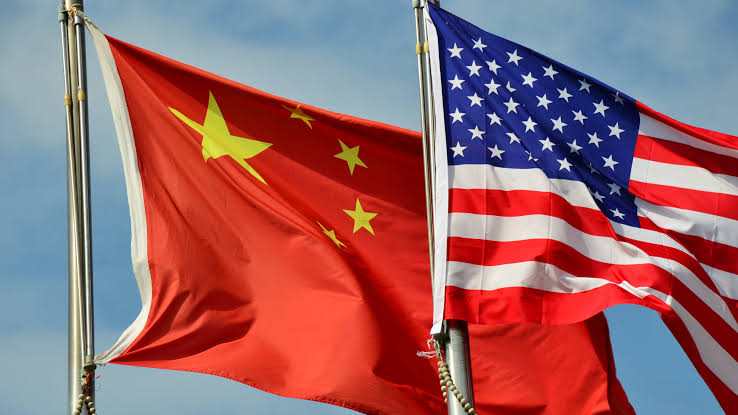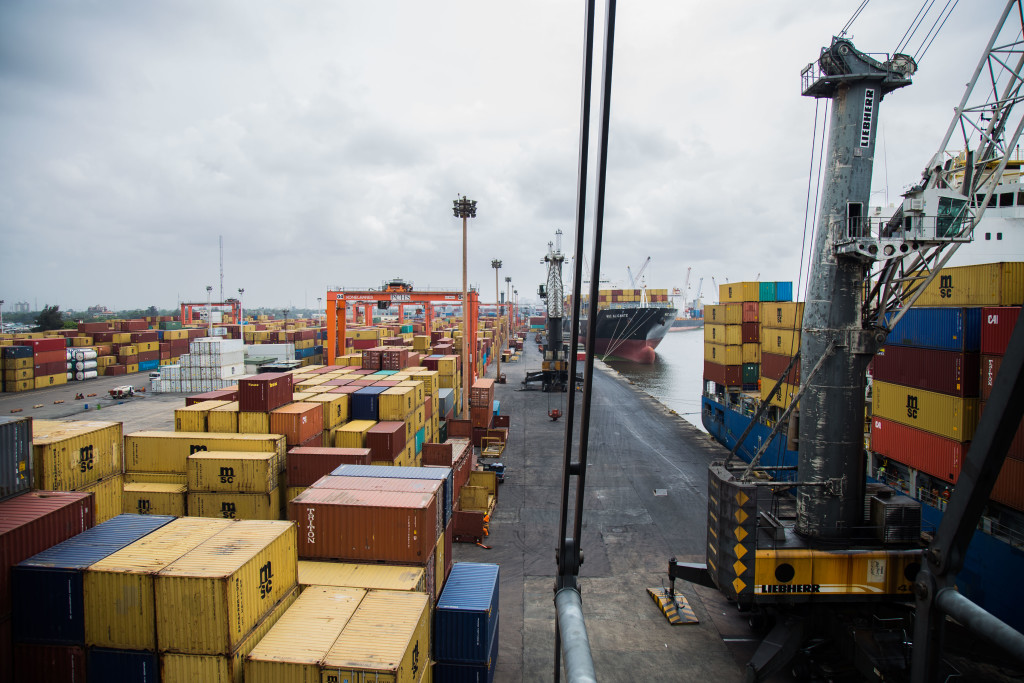
The Manufacturers Association of Nigeria (MAN) has expressed surprise over the sudden and unexpected announcement of the ban on the production, distribution and use of styrofoam as well as single-use plastic (SUP) by the Lagos State Government.
MAN’s Director-General, Segun Ajayi-Kadir, said the rather tough tone of the announcement and use of language, has brought anxiety upon business owners in the value chain, including manufacturers, wholesalers, retailers, transporters and users, who all face the possibility of being ‘clamped down’.
“To put it in context, what was a legal product on Saturday, became illegal on Sunday. So all business owners engaged in the styrofoam and SUPs value chain are out of business within 24 hours. The workers and all connected persons are put out of jobs. The end users can no longer derive value from the use of the items again.
“All these without prior consultations, engagements and announcements or warnings. We consider the ban an action tantamount to putting the cart before the horse.”
“A better approach would have been the prioritisation of stakeholders’ engagement before taking the action. This is more so that the timing of the ban is at variance with the provisions of the National Policy on Plastic Waste Management, to which the state should have adhered since we operate a national economy that should be protected from avoidable distortions,” he said.
Adding that they are not oblivious of the environmental considerations raised by the commissioner in charge of the environment, he said his colleagues are concerned about the well-being of the people of Lagos and the sanctity of its environment but are also committed to sustainable business operations.
“However, we are concerned about the absence of consultations with relevant stakeholders in the value chain. There was no prior public enlightenment about safe disposal and the environmental impact of styrofoam and SUPs.
“There is no evidence of engagement with producers on how to transition from the business of producing styrofoams to a more environmentally friendly packaging material, not to talk about assisting with the transition. Never mind that those companies have continued to fulfill their tax obligations to government from the production and sale of those items and this should motivate the relevant agencies to encourage and support the transition,” he said.













